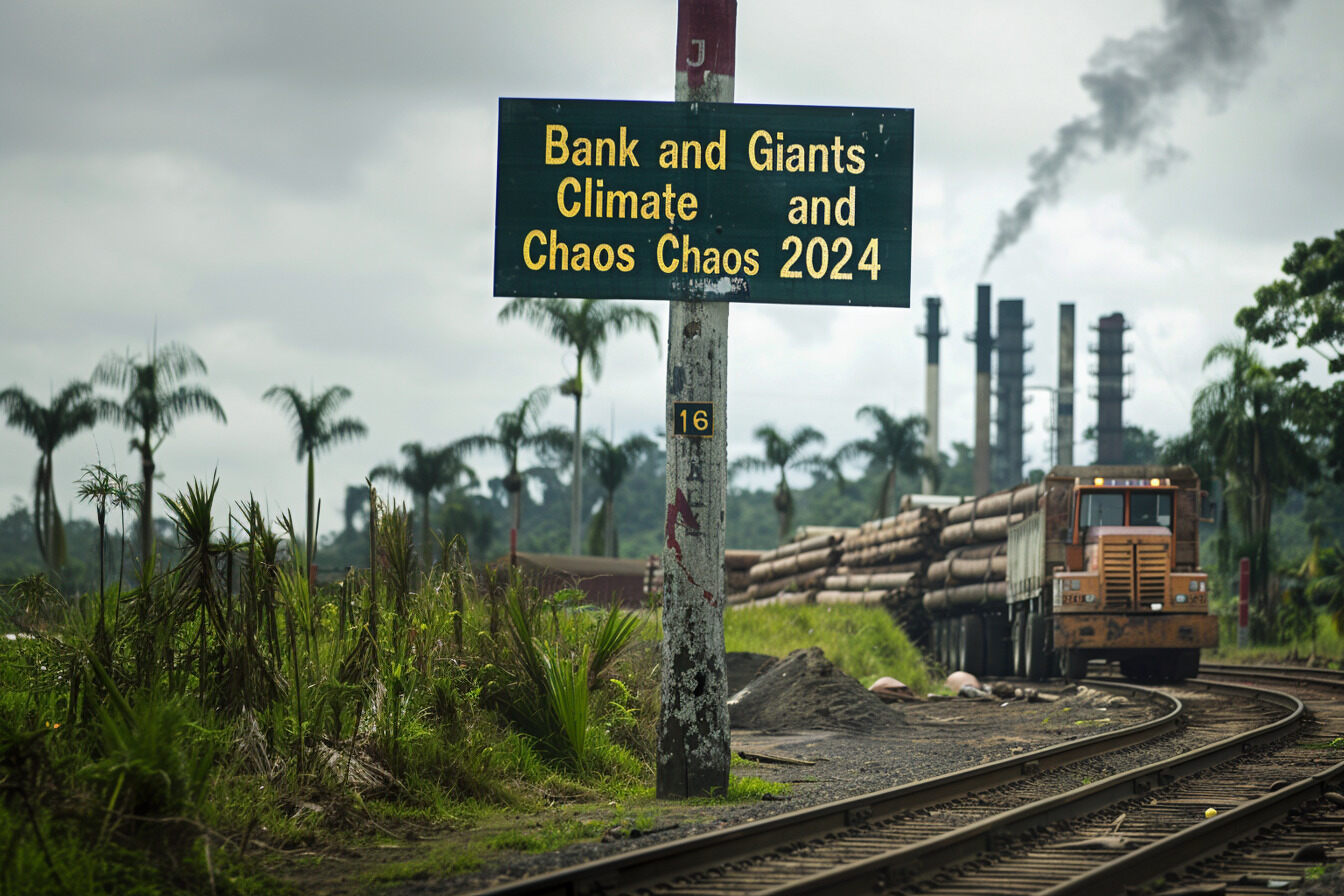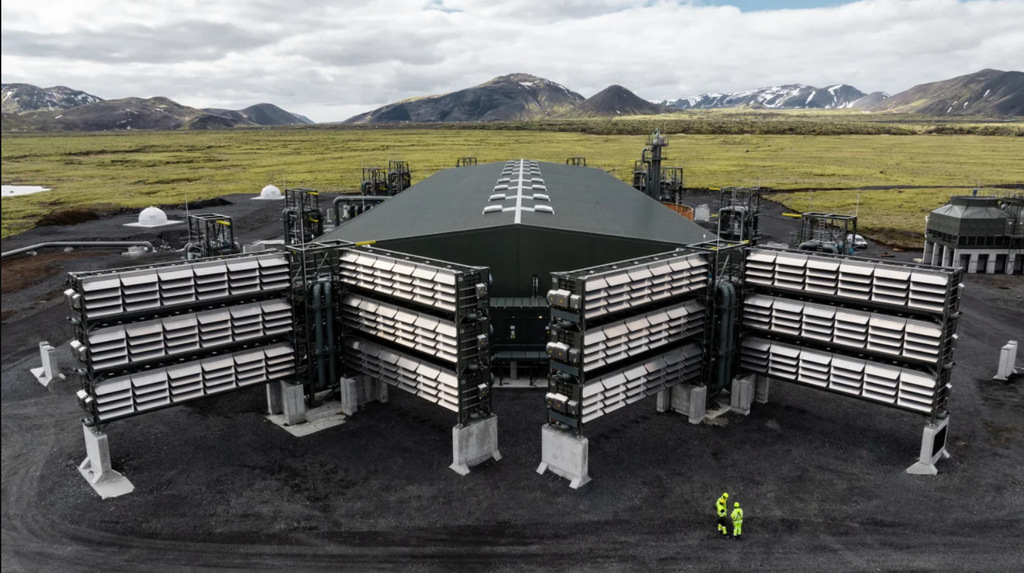On May 13, a consortium of NGOs, including the Rainforest Action Network and BankTrack, released the “Bank Giants and Climate Chaos 2024” report in collaboration with over 580 global institutions. The report reveals that in 2023, the world’s 60 largest banks provided up to $705.8 billion in financing to the fossil fuel industry, which is contributing to the climate crisis. Over 25% of this financing came from the top five banks in the U.S. and Japan.
The report emphasizes the role of banks in financing the fossil fuel industry since the implementation of the Paris Agreement in 2016. By the end of 2023, these 60 banks had extended a total of $6.9 trillion to the fossil fuel sector, with nearly half ($3.3 trillion) supporting companies that are still expanding their fossil fuel operations. This metric is used to gauge the banks’ climate performance, noting a 9.4% reduction in financing compared to the previous year. However, 27 banks increased their support, including JPMorgan Chase and Mizuho Bank, which ranked first and second in fossil fuel financing respectively.
JPMorgan Chase was highlighted as the largest global financier of fossil fuels in 2023, providing $40.9 billion mainly towards hydraulic fracturing of oil and natural gas, liquefied natural gas, and the Amazon oil and gas industries. This included $19.3 billion directed specifically towards the expansion of fossil fuel projects. Mizuho Bank of Japan followed, providing $37.3 billion to the fossil fuel industry, including $18.8 billion for expansion projects, mainly in liquefied natural gas, gas power generation, and ultra-deepwater offshore oil and gas extraction.
Similar Posts
Bank of America ranked third, allocating $33.6 billion in 2023 for similar industries, with $14.7 billion used to support the expansion of fossil fuel projects. The report criticized Bank of America as a typical case of regression in climate commitments, noting its significant financing to Amazon oil and gas companies and its withdrawal from policies excluding financing for Arctic oil and gas extraction, thermal coal mining, and coal-fired power generation.
The report also highlighted the risks associated with the regression of banks‘ climate commitments, which undoubtedly increases their exposure to climate risks. Some banks have even funded activities that harm sensitive biological communities, such as UniCredit, which provided $270 million in support to companies involved in Arctic drilling. This reflects an ongoing challenge in aligning global financial practices with climate goals, necessitating a reevaluation of banks’ roles in supporting sustainable energy transitions.


















